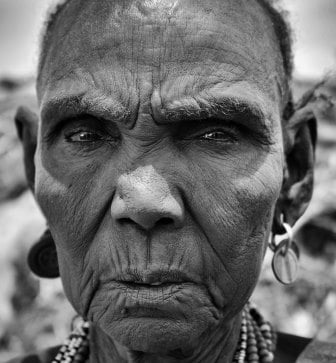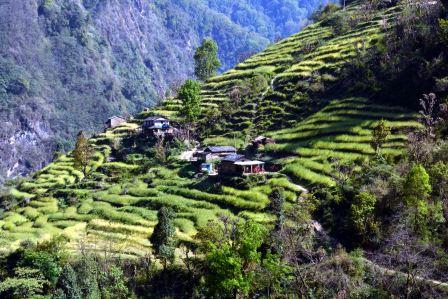10 of the World’s Rarest Spoken Languages
Usually when we talk about language, tongues like English, Chinese, or French tend to come to mind. However, there around 7,000 languages in existence today, making our linguistic world a diverse and fascinating place. While it’s estimated that one language dies out every two weeks, as long as a language has speakers it tends to have a fair chance at survival. So read on to discover some of the world’s rarest languages which are still spoken today and learn a little more about the crazy, unique planet we live on. Maybe you’ll be inspired to rediscover the language your grandparents or great-grandparents spoke!
Photo via Flickr
1. Chamicuro
Where: Peru
Chamicuro is considered a critically endangered language with reportedly less than ten people in the world speaking it today. Since Peru has transformed into a primarily Spanish speaking nation, younger generations are giving up on languages like Chamicuro in favor of other more dominant tongues.
2. Sarcee
Where: Canada
Sarcee is a language utilized by the Tsuu T’ina tribe in Canada. Due to the tribal culture of oral transmission and tradition, Sarcee has no writing system. This may account somewhat for the dwindling number of people learning the language.
3. Liki
Where: Papua
Liki used to be a language widely used by church leaders on three islands in the Papua region off the coast of Indonesia. Unfortunately, Liki has since widely fallen out of use and today only boasts between five to eleven speakers.

Photo via Flickr
4. Njerep
Where: Nigeria
Njerep was once spoken in Cameroon but went extinct in the area several years ago. Over time it’s been gradually replaced by more widely spoken dialects. Today Njerep’s few speakers are all elderly, leading experts to believe that the language will most likely die with them.
5. Ongota
Where: Ethiopia
With few native speakers still using Ongota today, the language is in danger of going completely extinct. Luckily there are scientists dedicated to studying the structure of the language which may be the key to its survival!
6. Paakantyi
Where: Australia
Paakantyi is an aboriginal language spoken by people in the New South Wales region of Australia. While less than two dozen speakers of the language reportedly exist, some schools have started making Paakantyi a part of their curriculums in an attempt to bring about a new generation of speakers.
7. Chemehuevi
Where: United States
The Chemehuevi language has one thing going for it, and it’s that the Chemehuevi tribes are still growing and thriving. While there are only a few people actually fluent in the Chemehuevi language, the important thing is that younger generations are still being exposed to it!
8. Taushiro
Where: Peru
Yet another language native of Peru that is slowly going out of style due to the increasing influence of the Spanish language! The fascinating thing about Taushiro is that it is considered a language isolate, meaning it has no discernable relationship to any other language.

Photo via Flickr
9. Dumi
Where: Nepal
Dumi is a language spoken by less than ten people around the world. It is related to the Tibeto-Burman language family and luckily there are several books, as well as a dictionary, focusing on Dumi’s syntax, grammar, and vocabulary.
10. Lemerig
Where: Vanuatu
Lemerig, which is native to an island off the coast of Australia, is so rare that it is no longer actively spoken. That doesn’t mean there aren’t any speakers of the language left though, two still exist and continue to live on Vanua Lava. I wonder if they get together for chats?
It’s always tragic when a language dies because vital parts of a culture and way of life tend to go with it. Unfortunately there aren’t enough people in the world interested in studying and preserving such obscure languages, but part of the responsibility must fall on the younger generations of these cultures. Learn the language of your forefathers and keep it alive! You’ll never regret having such an important part of your history and culture in your life. Even better, you can pass it on to the next generation too!
Do you come from a culture whose language is dying? What do you think are some important ways to preserve endangered languages?



